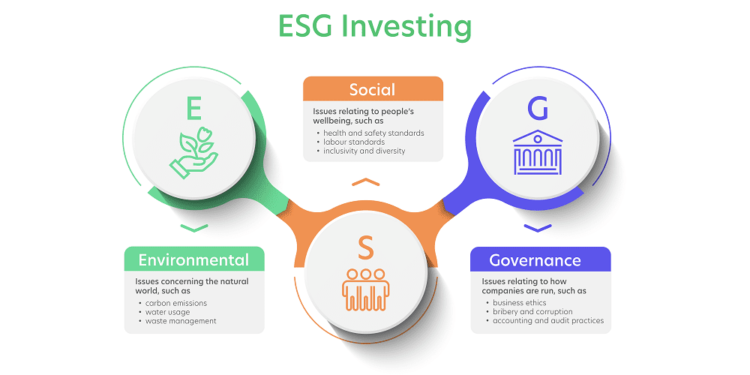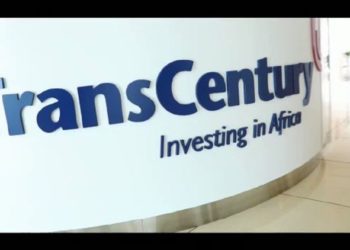ESG stands for Environmental, Social and Governance factors. Also known as sustainable investing, ESG investing refers to how companies approach investments by considering these factors when making decisions. The environmental factor focuses on the risks and opportunities associated with the impacts of climate change on the company and its business. The social factor focuses on the company’s relationship with people and society. The governance factor focuses on company management standards. ESG factors can have a direct impact on company financials, and therefore investment performance. Companies that can better adopt ESG issues may be less prone to severe incidents, such as fraud. As a result, companies with strong ESG structures may benefit from stronger reputation, lower cost of capital, which can in turn help to protect or increase investors’ shareholder value.
Why it matters
ESG investing offers a powerful tool to address these issues:
- Risk management – ESG factors can help identify and mitigate risks associated with environmental disasters, regulatory penalties, and corporate scandals. By considering ESG risks, companies can make informed decisions that in turn results in better risk-adjusted returns.
- Aligning investments to personal values – ESG investing allows individual investors and institutions to align their investment portfolios with their personal values and ethical beliefs. This is key in ensuring companies contribute to a more sustainable and equitable world. Investors are free to abstain from investing in harmful activities such as use of fossil fuels and institutions that contradict their values.
- Contribution to sustainable growth – The environment is a central component of ESG, and as such, implementing ESG can help organizations create a positive impact on the environment. For example, ESG investing can contribute to achieving global sustainability goals, i.e., the United Nations’ Sustainable Development Goals (SDGs). By preferring companies that prioritize environmental sustainability, investors can help preserve resources for future generations.
- Attracting Foreign Investment – With the growing global demand for ESG-compliant investments, companies can attract foreign capitaland boost its economic competitiveness. Monitoring ESG criteria can improve an organization’s financial returns, boost customer engagement and loyalty; all of which promote a competitive advantage over the rest of the market.
- Enhancement of portfolio performance – Integrating ESG into investments can both improve portfolio overall performance and mitigate potential risk. Portfolios that perform well against ESG criteria outperform the traditional portfolios, especially during times of uncertainty. Companies with strong ESG structures are often better managed, have loyal customers and employees, support innovation, and deliver solid long-term returns.
ESG investing is transforming the future of finance and investment. By understanding ESG principles, recognizing its potential, and investing wisely, both investors and institutions can contribute to building a more sustainable, equitable, and responsible economy. ESG will continue to be essential even in the post-pandemic world as it amplifies a company’s resiliency to unforeseen global or local crises. The focus on ESG investing ensures a broader obligation to society as it reinforces for a more sustainable future for the world.


















